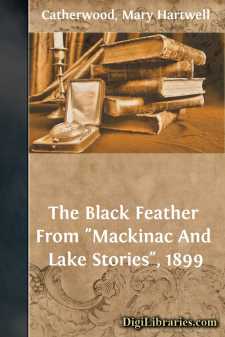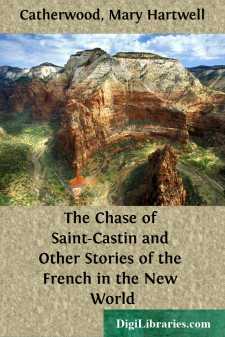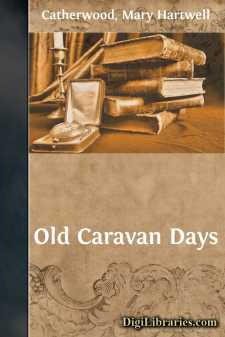Categories
- Antiques & Collectibles 13
- Architecture 36
- Art 48
- Bibles 22
- Biography & Autobiography 813
- Body, Mind & Spirit 142
- Business & Economics 28
- Children's Books 17
- Children's Fiction 14
- Computers 4
- Cooking 94
- Crafts & Hobbies 4
- Drama 346
- Education 46
- Family & Relationships 57
- Fiction 11829
- Games 19
- Gardening 17
- Health & Fitness 34
- History 1377
- House & Home 1
- Humor 147
- Juvenile Fiction 1873
- Juvenile Nonfiction 202
- Language Arts & Disciplines 88
- Law 16
- Literary Collections 686
- Literary Criticism 179
- Mathematics 13
- Medical 41
- Music 40
- Nature 179
- Non-Classifiable 1768
- Performing Arts 7
- Periodicals 1453
- Philosophy 64
- Photography 2
- Poetry 896
- Political Science 203
- Psychology 42
- Reference 154
- Religion 513
- Science 126
- Self-Help 84
- Social Science 81
- Sports & Recreation 34
- Study Aids 3
- Technology & Engineering 59
- Transportation 23
- Travel 463
- True Crime 29
Marianson From "Mackinac And Lake Stories", 1899
Categories:
Description:
Excerpt
When the British landed on the west side of Mackinac Island at three o'clock in the morning of July 17,1812, Canadians were ordered to transport the cannon. They had only a pair of six-pounders, but these had to be dragged across the long alluvial stretch to heights which would command the fortress, and sand, rock, bushes, trees, and fallen logs made it a dreadful portage. Voyageurs, however, were men to accomplish what regulars and Indians shirked.
All but one of the hundred and sixty Canadians hauled with a good will on the cannon ropes. The dawn was glimmering. Paradise hid in the untamed island, breathing dew and spice. The spell worked instantly upon that one young voyageur whose mind was set against the secret attack. All night his rage had been swelling. He despised the British regulars-forty-two lords of them only being in this expedition-as they in turn despised his class. They were his conquerors. He had no desire to be used as means of pushing their conquest further. These islanders he knew to be of his own race, perhaps crossed with Chippewa blood.
Seven hundred Indians, painted and horned for war, skulked along as allies in the dim morning twilight. He thought of sleeping children roused by tomahawk and scalping-knife in case the surprised fort did not immediately surrender. Even then, how were a few hundred white men to restrain nearly a thousand savages?
The young Canadian, as a rush was made with the ropes, stumbled over a log and dropped behind a bush. His nearest companions scarcely noticed the desertion in their strain, but the officer instantly detailed an Indian.
"One of you Sioux bring that fellow back or bring his scalp."
A Sioux stretched forward and leaped eagerly into the woods. All the boy's years of wilderness training were concentrated on an escape. The English officer meant to make him a lesson to the other voyageurs. And he smiled as he thought of the race he could give the Sioux. All his arms except his knife were left behind the bush; for fleet-ness was to count in this venture. The game of life or death was a pretty one, to be enjoyed as he shot from tree to tree, or like a noiseless-hoofed deer made a long stretch of covert. He was alive through every blood drop. The dewy glory of dawn had never seemed so great. Cool as the Sioux whom he dodged, his woodsman's eye gathered all aspects of the strange forest. A detached rock, tall as a tree, raised its colossal altar, surprising the eye like a single remaining temple pillar.
Old logs, scaled as in a coat of mail, testified to the humidity of this lush place. The boy trod on sweet white violets smelling of incense.
The wooded deeps unfolded in thinning dusk and revealed a line of high verdant cliffs walling his course. He dashed through hollows where millions of ferns bathed him to the knees. As daylight grew—though it never was quite daylight there-so did his danger. He expected to hear the humming of an arrow, and perhaps to feel a shock and sting and cleaving of the bolt, and turned in recklessly to climb for the uplands, where after miles of jutting spurs the ridge stooped and pushed out in front of itself a round-topped rock. As the Canadian passed this rock a yellow flare like candle-light came through a crack at its base.
He dropped on all-fours. The Indian was not in sight. He squirmed within a low battlement of serrated stone guarding the crack, and let himself down into what appeared to be the mouth of a cave....












